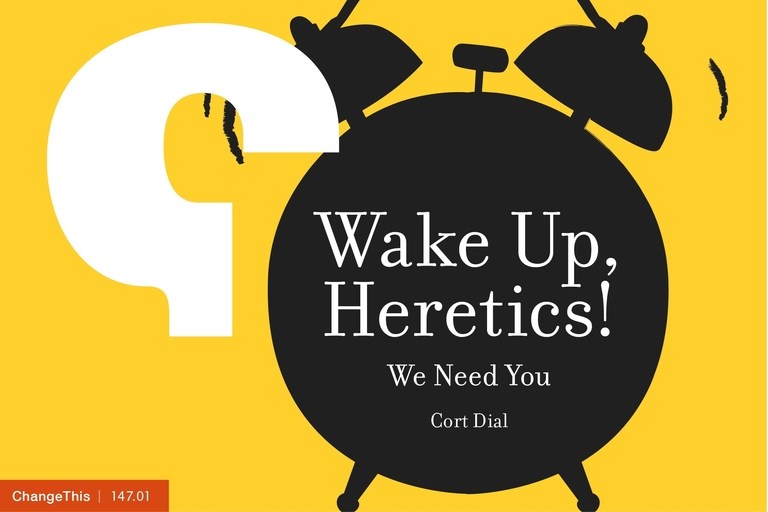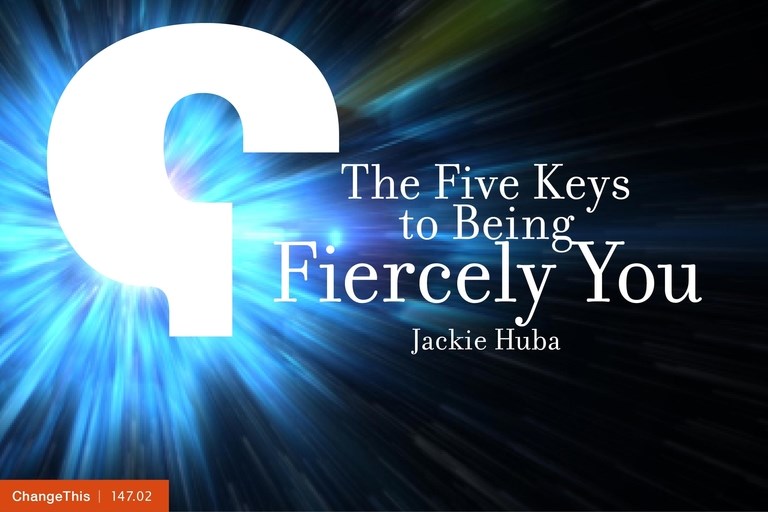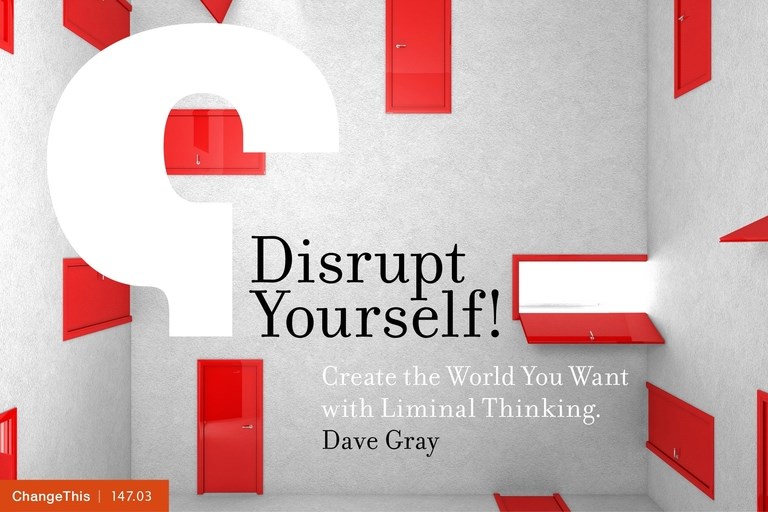ChangeThis RSS
"Life for a manager inside an organization has an unrelenting pace, with very few occasions when there is uninterrupted time. As a result, relationship building and development opportunities may fall by the wayside or become superficial due to the enormity of managerial time constraints. [...]
The hectic pace alone increases the workload. Added to that, however, is the need to be a good collaborator and team player. The need for frequent interactions with others layers on additional tasks. And being a good boss means that people must have access to you. No, it is not all right to lock the office door to get all of your work done. Your influence is directly proportional to the quality and frequency of the connections you make through the day. So what can you do?"
Continue reading
"Today's corporate culture is leadership-starved. Our leadership vacuum is somewhat ironic, given that sometimes it seems like all we talk about is leaders—what makes them strong or weak, successes or failures. Skim your favorite business publications, and you'll find think piece after advice column after scientific study outlining how to lead and why it matters. Many of the pointers are good: servant leadership is indeed worthwhile, and empowering your employees is a key to peak performance.
But those strategies alone are not the path to the kind of groundbreaking leadership we not only want, but desperately need. The climb to taking charge of changing the world is only scalable via bareknuckle, boldfaced heresy.
To put another way: we need more than just leaders in the workforce. We need heroes––and the greatest heroes have always begun their journeys as heretics."
Continue reading
"When was the last time you did something that astounded those around you, that amazed yourself, that was outside of your comfort zone? Has it been a while? Was it in your childhood, or at college? If it was recent, did you need the help of a drink or two to muster up that courage? That's pretty common. But when was the last time you felt intimidated, insecure, afraid to do something because it might be wrong? Or when was the last time you watched someone else do something bold and you thought, 'That's amazing! But I could never do that?' Unfortunately, that's pretty common too. Why? Fear. We often hold ourselves back from our true potential because of all kinds of fears—fear of failing, fear of rejection, fear of being laughed at, and even the fear of being our most glorious self."
Continue reading
"People talk a lot about disruption these days. Leaders in large organizations fear that rapidly-emerging competitors will disrupt them and make them irrelevant. Netflix has disrupted Blockbuster. Uber has disrupted the taxi industry. AirBnB has disrupted hospitality. Brexit disrupted an entire system of government—in one day, with one vote. Who's next? In an era where change has become the norm, we spend a lot of time worrying about how to avoid being disrupted by others. We'd be more successful if we learned how to disrupt ourselves.
What if I told you the number one reason companies go out of business is that their senior leaders don't know how to listen? That they are not paying attention? That they are completely blind to disruptive new businesses that are staring them right in the face?"
Continue reading
"For countless cultural reasons, Americans have long associated the phrase with defeat. Yet, 'I don't know' is not an end, but a beginning. It is not a failure but an opportunity. 'I don't know' is a launch pad for deeper investigation. [...]
Yes or no not only creates a false interpretation of historical or contemporary issues, it can also be dangerous. Isaac Asimov said violence is the last refuge of the incompetent. That refuge is frequently guarded by unyielding monolithic absolutes."
Continue reading











